ARC Report Aimed At Improving Safety
An ARC (Aviation Rulemaking Committee) made up of aviation and medical experts from airline management, safety associations, and pilot’s unions, including the FAA, have made several recommendations regarding the issue of pilot mental health. In a recent report, they made several recommendations on the topic, aimed at encouraging voluntary reporting and improving mental health evaluations.
FAA Administrator Michael Huerta said, “U.S. commercial pilots undergo vigorous and regular medical screening. While some conditions automatically disqualify someone from flying, many pilots have treatable conditions. We need to do more to remove the stigma surrounding mental illness in the aviation industry so pilots are more likely to self-report, get treated, and return to work.”
The FAA, airline unions and pilots unions have reviewed the ARC’s recommendations and agreed to the following actions:
- The FAA will continue a policy started in January, in which they began providing enhanced training for Aviation Medical Examiners in order for them to be able to understand mental health issues better and be more able to identify warning signs.
- Airlines and unions have agreed to expand the use of pilot assistance programs, with support from the FAA to help continue to develop the programs. In addition, these programs will become part of the airline’s Safety Management Systems for identifying risk.
- The FAA and airlines will work together to develop programs aimed at reducing the stigma around pilot mental health issues, and increasing awareness and promoting resources to help address mental health issues.
- The FAA will provide airlines with guidance on how to promote best practices about pilot support programs for mental health issues.
- The Aerospace Medical Association, under request from the FAA, will consider creating a solution for addressing professional reporting responsibilities on a national basis and present that solution to the American Medical Association. Currently, reporting requirements differ by state, licensing and specialty boards.
“As a member of the ARC, ALPA was pleased to work with other stakeholders and share information about the many pilot assistance programs currently in place. We are committed to maintaining the highest standards for pilot health, and this report will continue to help ensure the safety of our industry,” said ALPA First Vice President and National Safety Coordinator Captain Joe DePete.
Billy Nolen, the Senior Vice President of Safety, Security, and Operation for Airlines For America, said “This report reflects the strong collaboration among airlines, airline employees, safety organizations and government that has made the U.S. aviation system the largest and safest aviation system in the world. Airlines for America and our members appreciate the opportunity to participate on the Pilot Fitness Aviation Rulemaking Committee and will continue to work with our carriers’ superb pilot workforce and all interested parties to implement the Committee’s recommendations and ensure that air travel remains the safest form of transportation available.”
ARC experts agreed with the Aerospace Medical Association’s September 2015 recommendation to the FAA that “in-depth psychological testing of pilots as part of routine periodic care is neither production nor cost effective,” and they instead recommended “a holistic approach that includes education, outreach, training, and encourages reporting and treatment of mental health issues.” ARC experts also studied the access to flight decks and determined that the current design and procedures in place in the US Airline industry are effective.
ARC’s study was commissioned after the Malaysia Flight 370 and Germanwings Flight 9525 tragedies.
Featured Image: Jonathan Gross



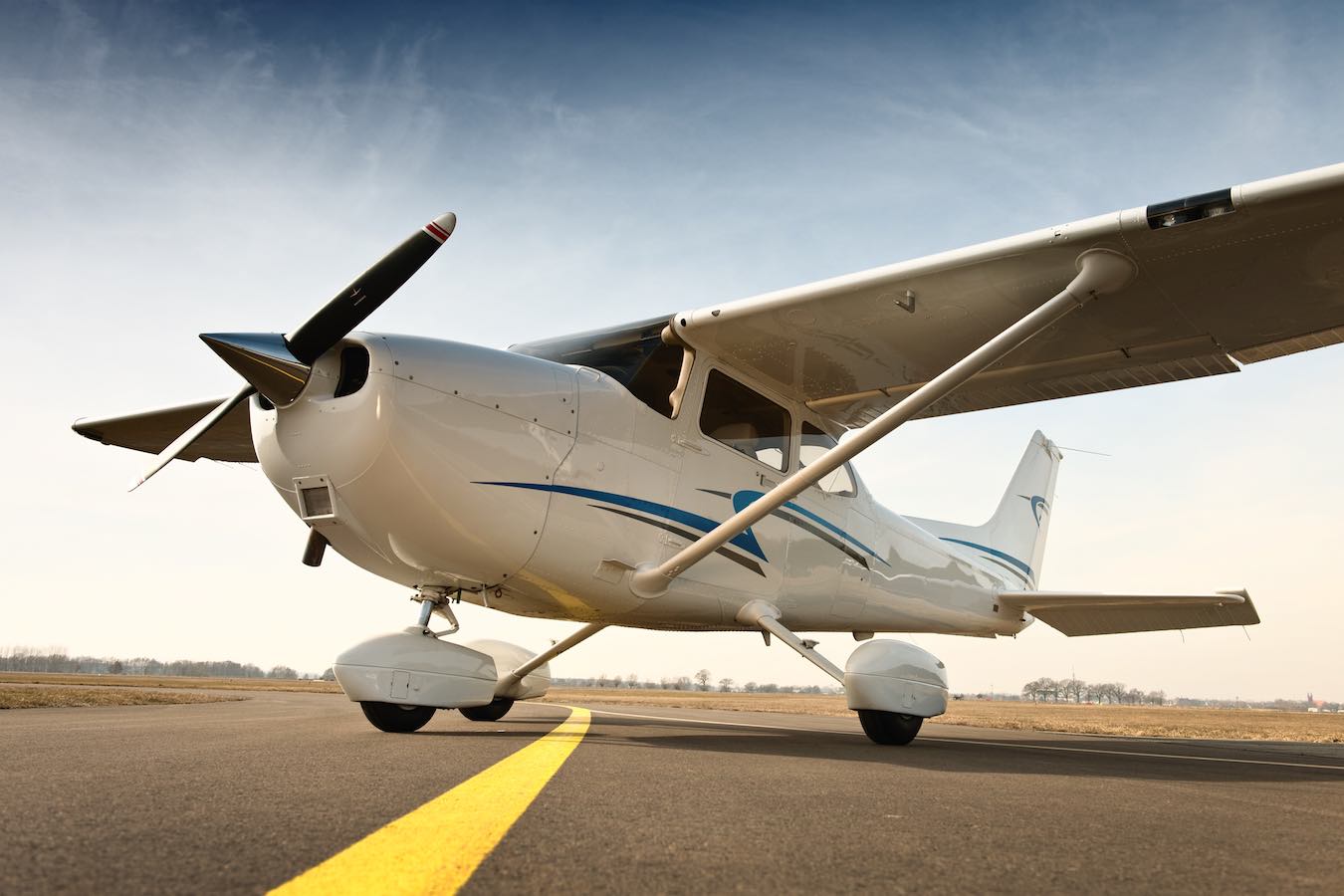

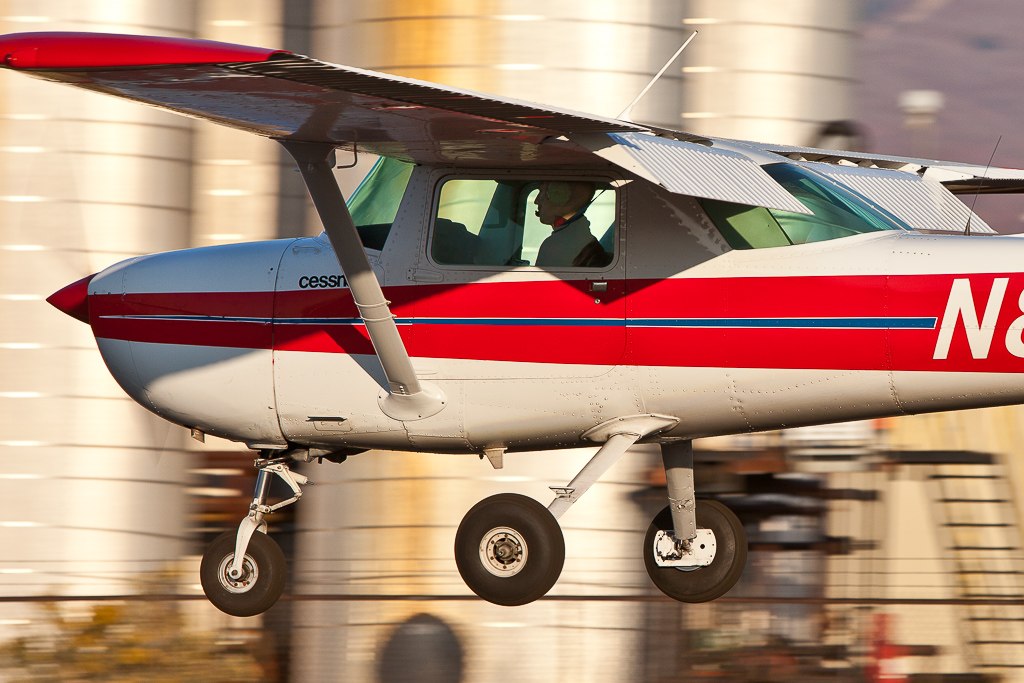
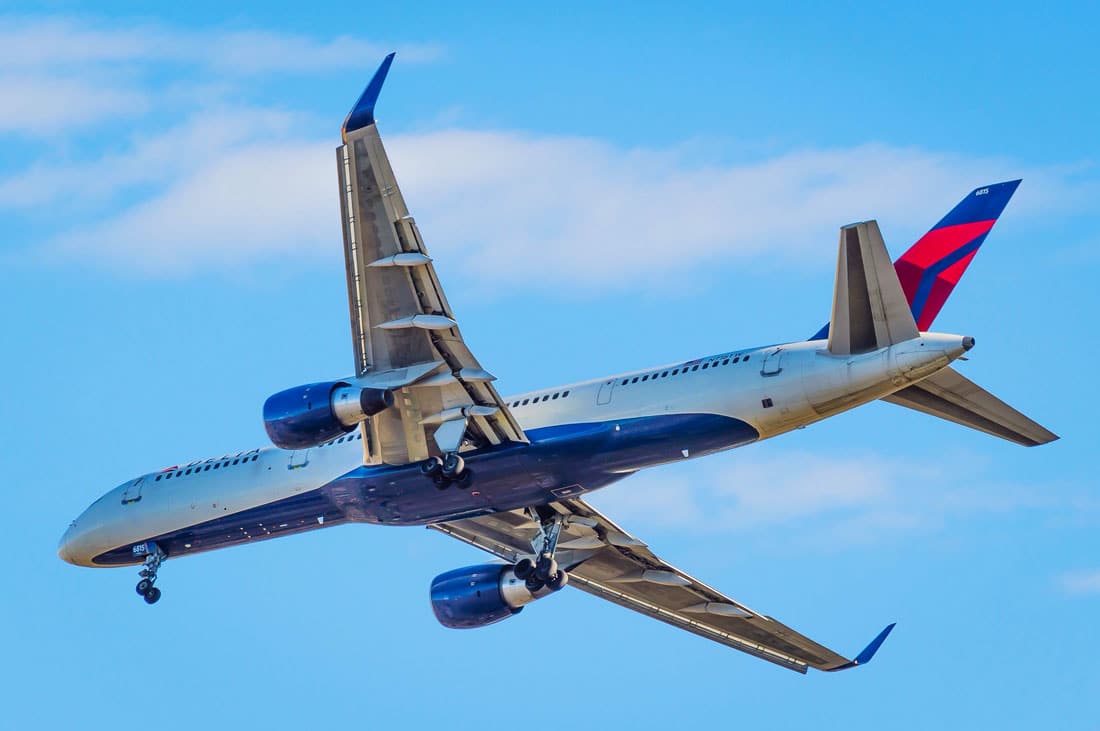





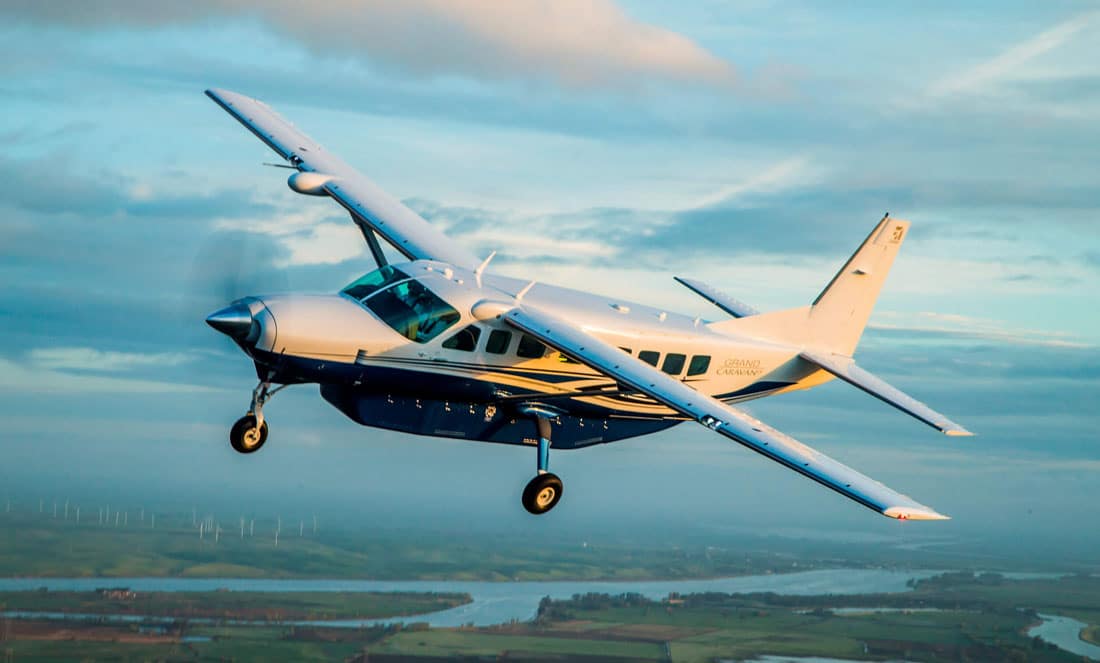

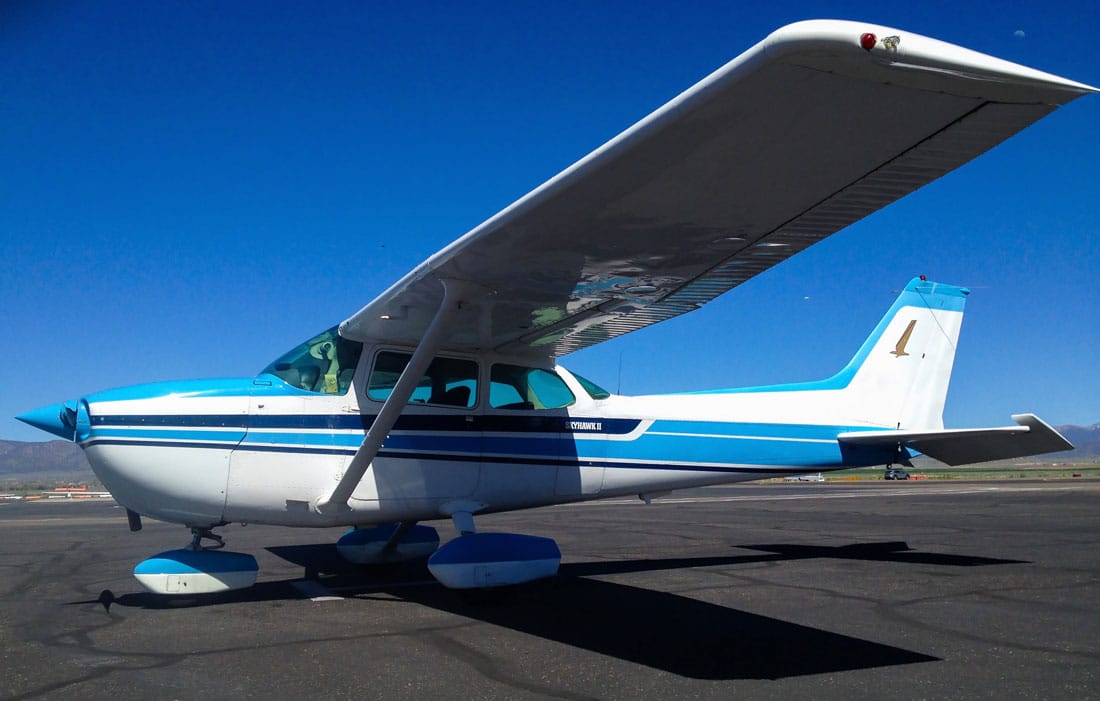
Leave a Reply